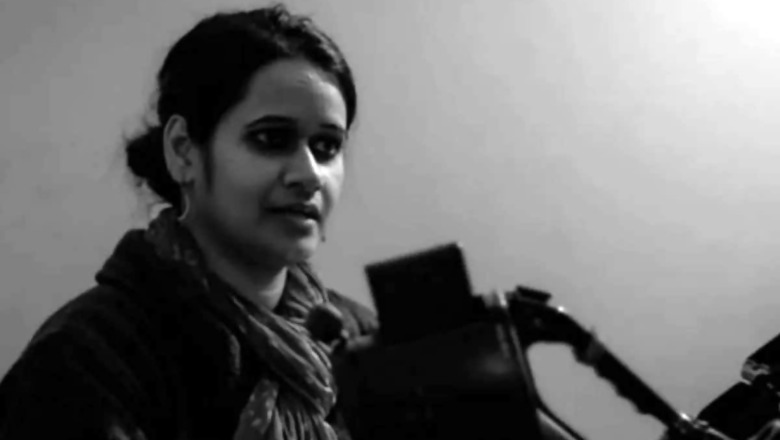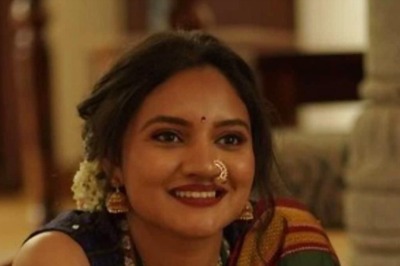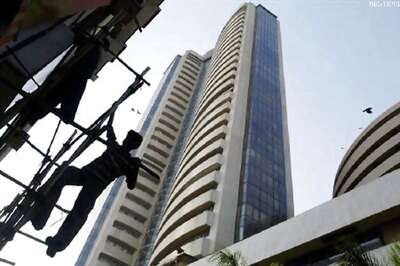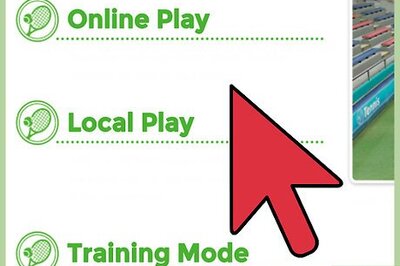
views
The other day, two young liberal activists walked out of Tihar jail to take their seats at the high table of the global elite. If you don’t already know their names, you soon will. Because they are on television, in newspapers, and soon enough on international panels and award ceremonies. If you want to rise in society, you will need their approval.
These young women say they are victims and they might well be, like most of us in some way or the other. But that does not change the fact that these two individuals sit on the top of mountains of liberal privilege, the beneficiaries of a system that values them and only people who think like them.
Where do the inequalities begin? Let’s start with the fact that these two individuals were defended in court by one of the country’s top lawyers. A top lawyer going up against a mere prosecutor for the Delhi Police. Outside the court, their voice was amplified by an entire ecosystem of media, academia, activists and “fact-checkers” who analyzed every aspect of the chargesheet threadbare. If there is a way to get these two people the benefit of doubt, or get them off on a technicality, it will be found. We always knew that.
Again, this is a good thing. We want people to have the best possible defence in court. Our legal maxim is innocent until proven guilty. Our society puts a premium on free speech and the right to free expression.
But the question is this: What made it possible for these two individuals to have this kind of defence? Did it follow automatically from their fundamental rights as citizens of India? Or, did it become possible because of their membership of a certain social class, open only to those who think in a certain way? If the recent churn over “privilege” in other democracies is anything to go by, without equity there is no justice.
What is Liberal Privilege
If these two people had been say BJP or RSS workers in West Bengal, how would their story have turned out? Would there be people putting their faces on television, newspapers and international panels? Would there be media reading through their chargesheets before local magistrates, or top lawyers defending them in local courts?
Take the case of Trilochan Mahato, a BJP worker who was found hanging from a tree in West Bengal on May 30, 2018. He was just a boy, a mere 18-year-old. On his shirt, they scribbled a chilling message that this is the punishment for joining the BJP. Did his case become a national issue? Did a top lawyer show up to look after his case in the local court responsible for Khudigora village in West Bengal where his body was found? Were there people itching to ask the Bengal Chief Minister tough questions about the condition of democracy in her state? Of course, not.
The difference is that of liberal privilege. Trilochan Mahato belonged to an ideology that has been marginalized and stigmatized by the global elite. So while he had rights in theory, those rights were not enforceable in any practical sense. Indeed, when it comes to violence against BJP workers in Bengal, the narrative builders visibly switch sides; from that of the dissenter to that of the state. During the recent post-poll violence, the official version of West Bengal police has become the only truth. It is being used to fact-check others!
This is not about going around in circles, pointing fingers at the other ideological camp. All governments in India and indeed governments everywhere have always tried suppressing inconvenient speech. This is about pointing out that only one side has privilege, while the other does not.
Difference Between Equality and Equity
If you look at the Black Lives Matter movement in the United States, it is not about pointing fingers at white people, but at white privilege. What is white privilege after all? It does not mean that a white person cannot have a bad day. A white person might well get a raw deal from the system. However, the difference is that a white person gets a number of systemic advantages in society simply because of the colour of their skin. They are perceived differently because of how they look. They find it easier to get the benefit of doubt. If they suffer, it feels like a national emergency.
On the other hand, the police officer who put his knee on George Floyd’s neck and pinned him to the ground thought he was stopping a criminal. Most likely, he had perceived Floyd to be dangerous simply because of the colour of his skin. In previous situations of this nature, the public never protested and the police officers were never prosecuted. This is how systemic injustice works. Everyone has the same rights, but not everyone has the same access to those rights.
Liberal privilege is quite similar. And it is by no means limited to West Bengal. A BJP worker or anyone else perceived to be affiliated with Hindutva ideology is described in language that is passive at best and dehumanizing at worst. Even when their suffering is reported, the media describes them as “BJP worker” or such, putting their political identity ahead of their individual one. The media routinely uses terms like “saffron brigade” or “Hindutva brigade,” emphasizing membership in some group that is made to sound vaguely dangerous.
Liberals, however, are always mentioned by name, followed by a tag such as student, academic or poet or even dog lover. More often than not, these people would also be affiliated with some political organization, but that is never played up. This is how liberal activists become household names that everyone can remember. On the other hand, how many people can name a single person who died in the fire in S-6 compartment of Sabarmati Express in Godhra on February 27, 2002?
All this creates an enabling environment where violation of the rights of one kind of people does not register in the public consciousness. It is much easier for everyday people to tune out of what happened to a “BJP worker” in an unnamed village in Bengal than the front page news, with a photograph, of a “soft-spoken” liberal activist hugging her dog.
In order to have a fair society, everyone must have equal rights, not just in theory but also in practice. That’s the difference between equality and equity. The latter is just equality in operation. Without individuals of all ideologies enjoying the same presumption of innocence in both the eyes of society and the law, free speech in India shall remain a farce.
Read all the Latest News, Breaking News and Coronavirus News here.


















Comments
0 comment